Libya dam burst: Torrent of frustration unleashed in Derna as flood-hit protesters call for leadership change
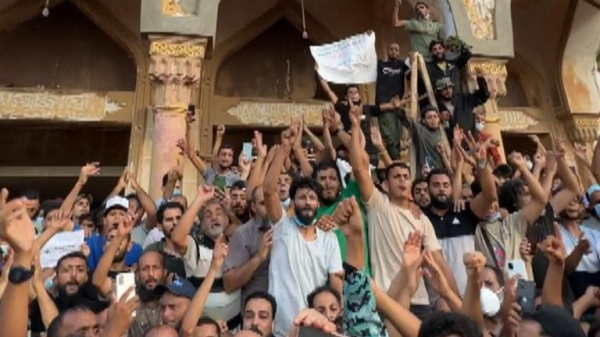
The anger in Derna has been brewing for days now. It’s been building ever since the floodwaters dropped.
Even amid the overwhelming grief with a quarter of the city’s population wiped out, the survivors and bereaved families unleashed a torrent of frustration and fury of equal ferocity to the water which punched through Derna.
That fury erupted into loud and angry street protests a week after the devastating flooding – with demonstrators crowding around the city’s Al Sahaba Mosque on Monday night demanding an immediate change in leadership.
A popular political activist led the chants from the foot of the mosque which was itself damaged in the tsunami of water which ripped through the city.
“We want the entire parliament to resign and fresh leaders to take over,” Taha Bobeda told us from the roof of the mosque.
“We want the international community to take a strong stand, and conduct an independent inquiry and ensure the aid to rebuild Derna is distributed honestly.”
His anger was very much mirrored by the crowd of furious residents. They blame negligent and corrupt leaders for failing to invest in maintaining the city’s two dams over four decades.
Men waved Libyan flags and crowded around the mosque roofs shouting for a change of direction for the country.
“We want Libya to be united again,” one said. “We want an end to corruption and our politicians just doing everything for themselves.”
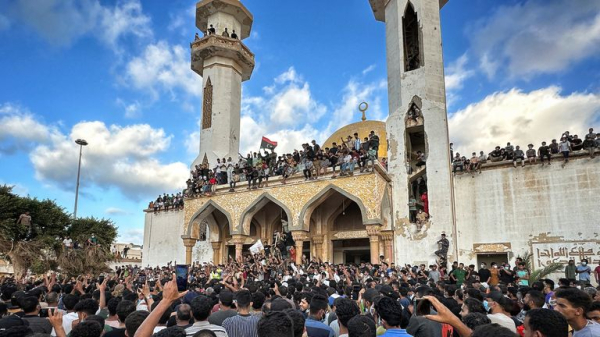
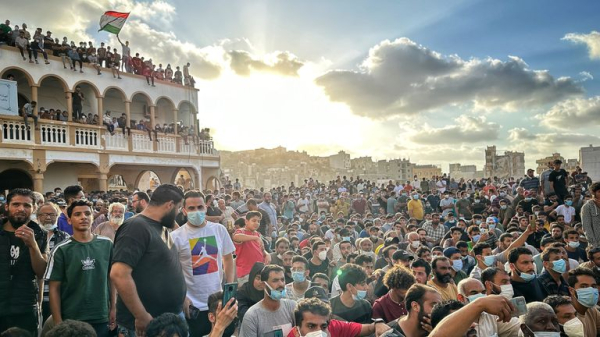
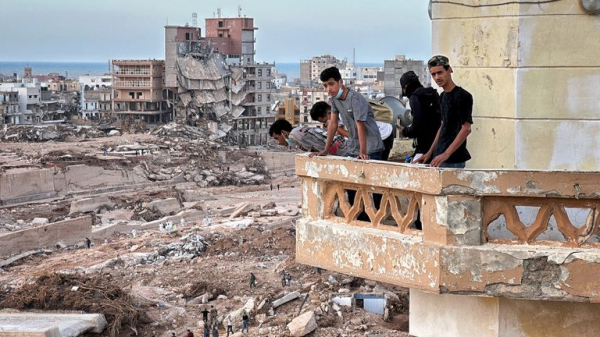
The city’s dams burst under the weight of water accumulated from Storm Daniel and cascaded like a giant wrecking ball on the homes, apartments, shopping malls, schools and businesses below.
The water cut such a swathe through the city that most of the centre was washed away with entire nine-storey apartment blocks lifted off their foundations by its force and at least three bridges weighing hundreds of tonnes were smashed entirely.
An estimated 11,000 are thought to have drowned in the torrent or died after being buried in the sludge and mud which was forced down the valley. A further ten thousand are unaccounted for. The water was so powerful it reached fifteen to twenty metres high in places and carried away vehicles and whole buildings in its path.
Abdul Gabriel lost multiple relatives in the flooding and like so many he wants a complete change of authority.
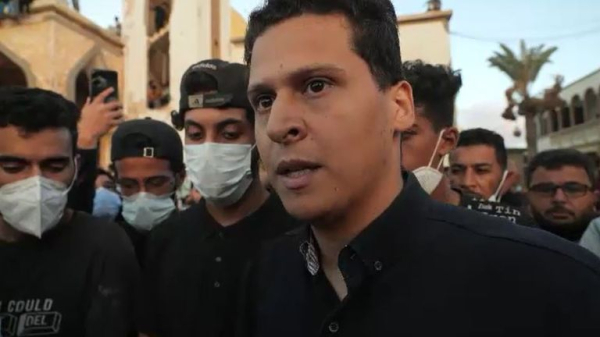
“Everything is wrong about Libya,” he said.
“The education, health system, military… everything is wrong. No one is listening to the people. We see politicians visiting Paris, Rome, other European cities, spending our money and when we told them about the dam, they told us to stay at home. They told us to stay at home.”
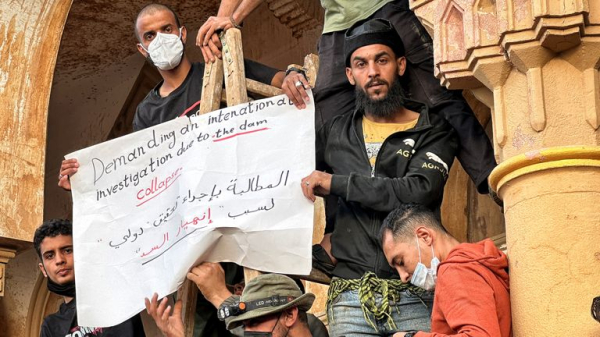
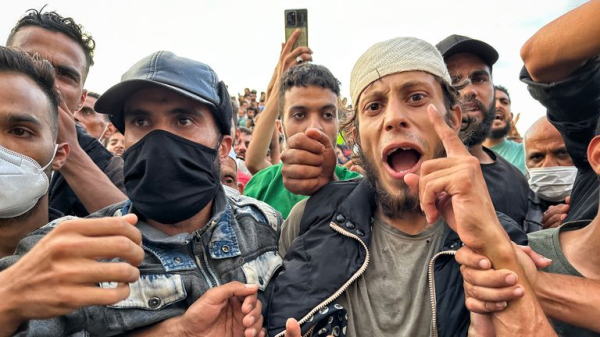
Virtually every resident here has suffered loss of family in the catastrophic flooding, so tempers and emotions are incredibly strong especially as most if not all, believe the tragedy could have been avoided.
This is a city with a history of toppling leaders. It was among the first to demand an end to Colonel Gaddafi’s dictatorship as part of the wave of protests across the Middle East and North Africa known as the Arab Spring in 2011.
Now a renegade Gaddafi general called Khalifa Haftar and his troops are in control of East Libya – while a rival government recognised by the United Nations runs the west of the country.
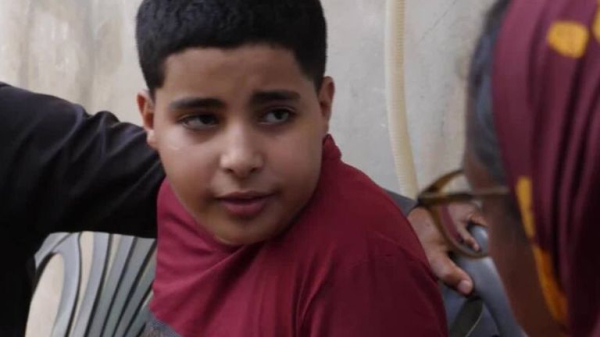

More than a decade after the NATO military campaign to end Gaddafi’s reign, the country is riddled with corruption and profiteering with many convinced the lack of investment in the dams is because public funds had been misused.
This protest erupted spontaneously, but will it morph into a more coordinated demand for change in Libya?

Hours after it began, the protesters set off to march to the mayor’s house to wreak their own revenge. First they lobbed stones at his empty family home – which is in an area of Derna unaffected by the floods. Then they set off fires inside and chucked out a range of his family’s personal belongings ranging from mattresses to seats and clothing.
Derna residents are already working through the night to rebuild their collapsed roads. Reconstructing the city will cost billions – and what happens to any aid will be key, with Derna residents once again at the forefront of demands for leadership change
